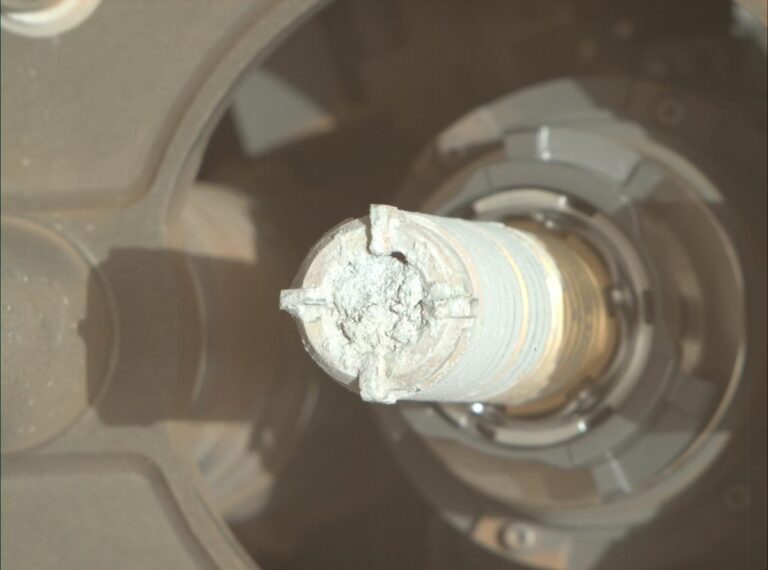Men who forgo routine prostate cancer screenings may be putting their lives at significant risk. Recent research suggests that individuals who skip prostate-specific antigen (PSA) tests face a 45% higher risk of death from prostate cancer compared to those who undergo regular screenings. The findings highlight the life-saving potential of early detection in managing one of the most common cancers among men.
Prostate Cancer: A Silent Threat
Prostate cancer is the second leading cause of cancer-related deaths among men, with 1 in 44 men in the U.S. succumbing to the disease. While many cases of prostate cancer grow slowly and remain manageable, some aggressive forms can be deadly if not caught early. This is where PSA screenings play a crucial role in identifying cancer before it spreads.
The Impact of Skipping PSA Screenings
A study analyzing data from nine U.S. cancer registries found that men living in regions with higher PSA screening rates experienced a 46% to 63% reduction in prostate cancer-related deaths. In contrast, areas with lower screening prevalence saw significantly higher mortality rates.
Another JAMA Network Open study found that men in counties with the highest PSA testing rates had a 17% lower mortality rate than those in regions with the lowest screening prevalence. These findings suggest that consistent screening can help detect cancer at an earlier, more treatable stage.
Controversy Surrounding PSA Testing
Despite its potential benefits, PSA screening has been the subject of debate. Some studies, including the Prostate, Lung, Colorectal, and Ovarian (PLCO) Cancer Screening Trial, reported no statistically significant difference in mortality rates between men who underwent routine PSA testing and those who did not. The study found similar mortality rates between the two groups, raising concerns about overdiagnosis and unnecessary treatments.
However, many experts argue that PSA testing remains a valuable tool when combined with other diagnostic methods. They emphasize personalized screening approaches, where men discuss the pros and cons of PSA testing with their doctors based on age, family history, and overall health.
Should Men Get Screened?
Health experts recommend that men over 50 (or over 40 for those with a family history of prostate cancer) talk to their doctors about PSA testing. The decision should be based on individual risk factors, as well as a weighing of benefits versus potential harms such as unnecessary biopsies and overtreatment.
Final Thoughts
While prostate screenings may not be perfect, the data suggests that early detection significantly improves survival rates. Men who skip routine PSA tests risk missing the chance to catch cancer early, potentially leading to a more aggressive and fatal progression. As research continues, the key takeaway remains clear: proactive health checkups could save lives.

















+ There are no comments
Add yours